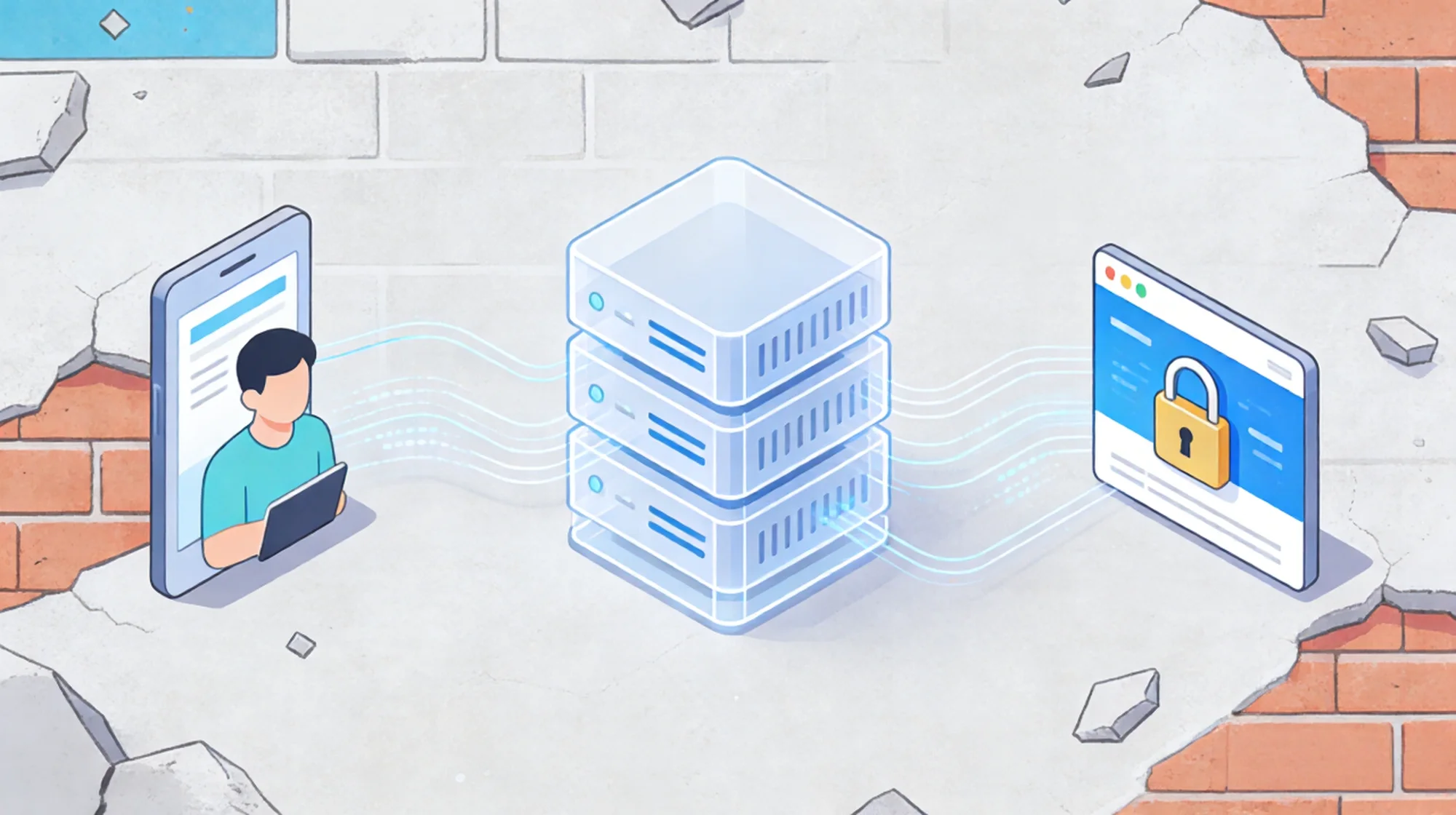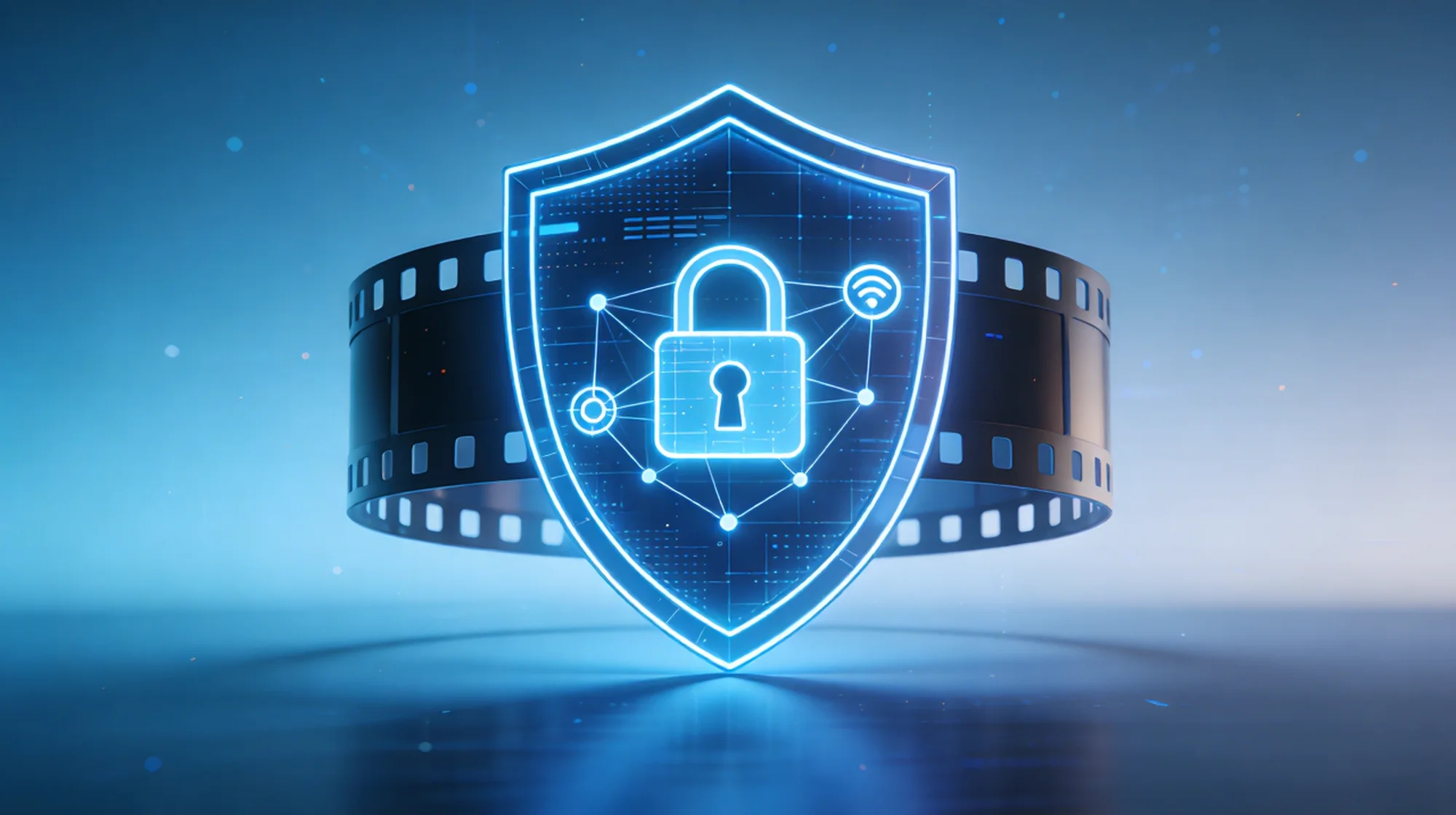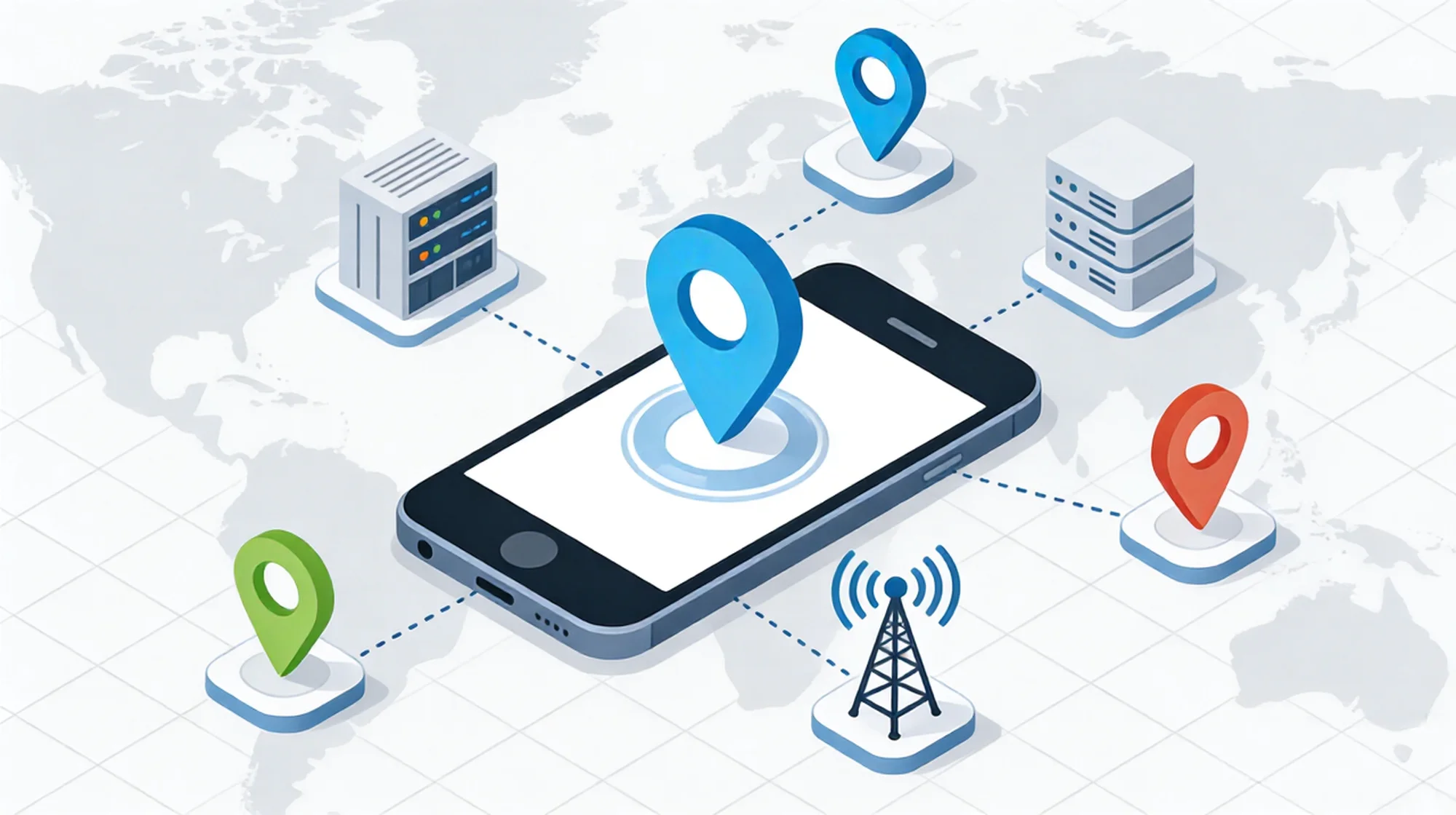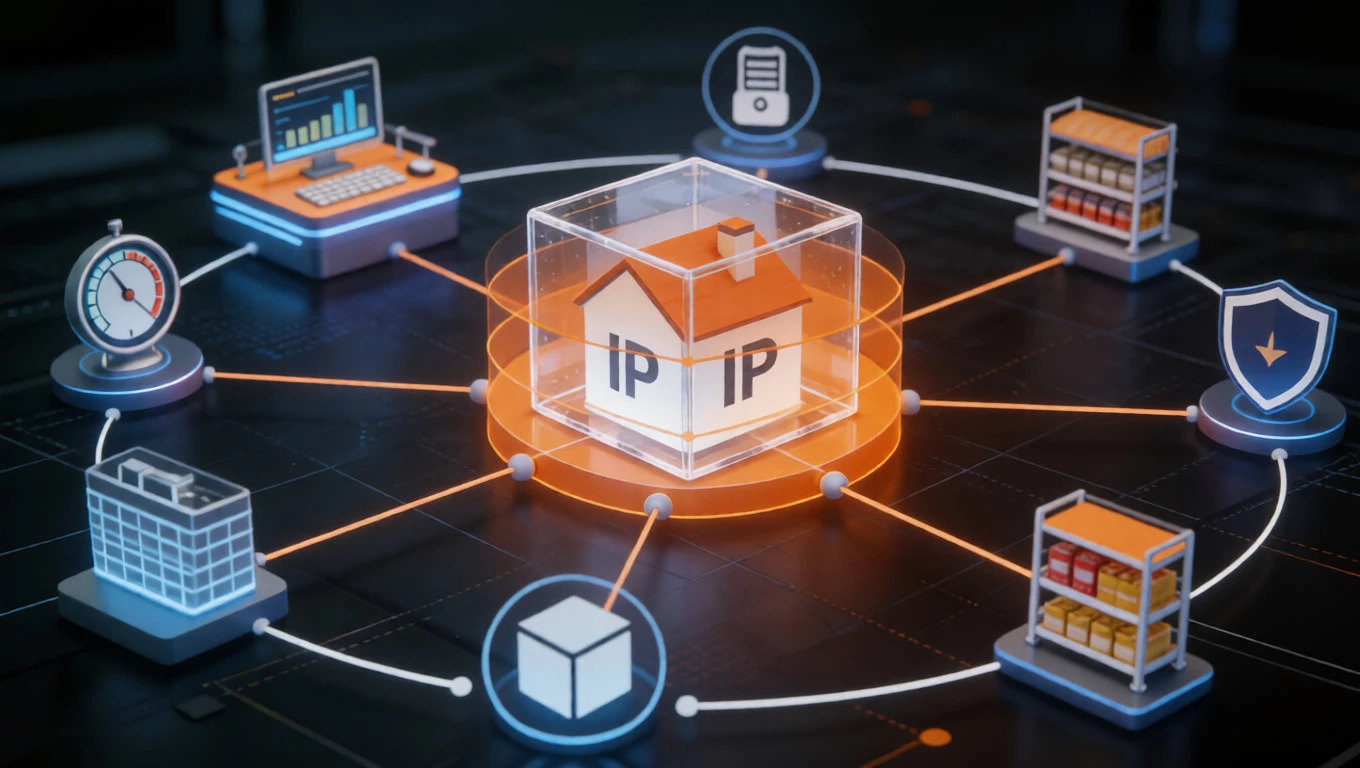When you’re online, you’ve probably seen terms like “IP,” “IP proxy,” or “online proxy IP.” But what do they actually mean? Why do people use proxies? And how can proxy websites help?
This guide breaks it all down in plain English—from the basics of what an IP is, to how proxies work, and when you might need them.
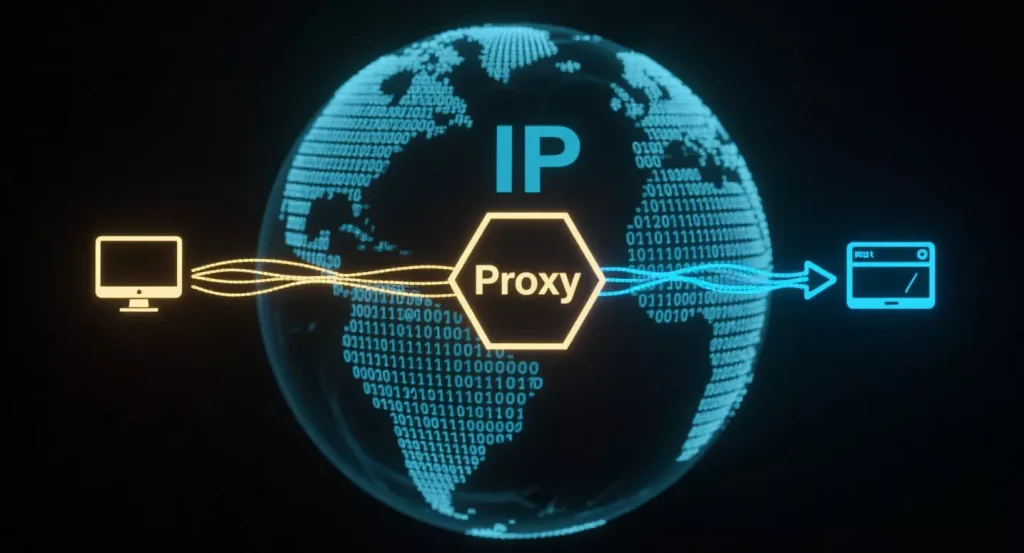
1.What Is an IP? Your “Digital ID” on the Internet
To understand proxies, you first need to know what an IP actually is.
IP stands for Internet Protocol address. Think of it like your digital ID card—it’s a unique number that identifies your device on the internet.
- When you connect your phone to Wi-Fi or plug your computer into the internet, your device gets an IP address.
- When you visit a website or send a message, the network uses your IP to know “who’s making the request.”
It works just like a mailing address: without one, your data wouldn’t know where to go.
There are two main types:
- IPv4: The classic format you’ve probably seen, like
192.168.1.1. - IPv6: A newer, longer version using hexadecimal numbers, created to support way more devices.
👉 Bottom line: an IP address is your device’s identity card on the internet. Without it, you can’t send or receive information online.
2.What Is an IP Proxy—and Why Use One?
Now that you get IPs, it’s easier to understand proxies.
An IP proxy acts as a middleman between you and the website you’re trying to reach. Instead of connecting directly, your device talks to the proxy server, and the proxy forwards the request.
Think of it like mailing a letter through a friend. The website only sees the proxy’s address, not yours.
Why use an IP proxy?
Here are three common reasons:
- Privacy protection – Hide your real IP so websites can’t track you.
- Bypass restrictions – Access sites blocked in your region by switching to an IP from another country.
- Efficiency – Businesses (like web scrapers) use rotating proxies to avoid one single IP getting blocked.
3.Online Proxy vs. Web Proxy: What’s the Difference?
When people talk about proxy IPs, you’ll often hear “online proxy” and “web proxy.” They sound similar, but they’re not exactly the same.
Online Proxy IP
- Accessed directly through a website—no software download needed.
- You just enter the target URL, pick a proxy node, and browse.
- Pros: Quick and easy, great for temporary use.
- Cons: Can be slow, and security levels vary a lot.
Web Proxy IP
- Works through your browser, usually with plugins or extensions (e.g., a Chrome proxy extension).
- Once enabled, all your browser traffic runs through the proxy.
- Pros: Targeted—only affects browser traffic, not your whole system.
- Cons: More limited, best for simple browsing needs.
👉 Both let you switch your IP, but which one you use depends on your situation.
4.How to Pick a Reliable Proxy Website: 3 Key Factors
If you want to get the most out of proxy IPs, you’ll need a trustworthy proxy provider. With so many options out there, here’s what really matters:
- IP quality – Look for high-anonymity IPs that fully mask your real one. Good providers also keep IPs alive longer, so they’re harder to block.
- Stability – A solid proxy service won’t constantly disconnect. This is especially important for long-term use like e-commerce monitoring or data scraping.
- Compliance – Legit providers clearly state what their proxies can be used for and don’t allow illegal activity, helping you stay out of trouble.
👉 Example: IPHALO. They focus on high-quality, stable proxies, covering multiple global regions, while also enforcing proper usage rules—making proxies safe even for beginners.
5.From IP Beginner to Confident Proxy User
So, what did we cover?
- IP = your online ID card.
- Proxies = middlemen that hide or change that ID.
- Proxy websites = the easiest way to get access to these tools.
If you’re new to proxies, start by asking yourself:
- Do you just need to hide your IP temporarily?
- Or do you need stable, long-term switching?
From there, you can decide whether an online proxy, web proxy, or a full proxy provider is the right fit. Once you know your needs, using proxy IPs isn’t complicated at all.


